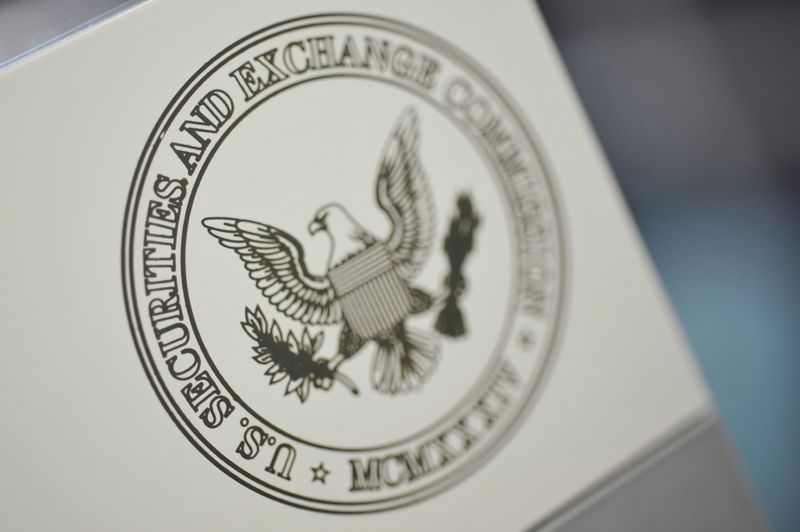WASHINGTON (Reuters) – The U.S. Securities and Exchange Commission (SEC) on Wednesday adopted changes to its decades-old definition of a professional investor in order to allow more everyday Americans to buy shares in private companies, and eased come company disclosure rules.
The agency said it hopes the changes to its “accredited investor” definition will boost retail investors’ access to the swelling pool of companies that are staying private for longer. But the change was criticized by investor advocates and agency officials who say even seasoned investors struggle to spot problems with private companies.
Specifically, the agency broadened the definition of an accredited investor by adding a test of the investor’s sophistication “based on professional knowledge, experience, or certifications.” Previously, the definition was based largely on an investor’s income and wealth.
The SEC did not say how many additional investors would fall under the new definition, but said it was aimed at individuals – such as hedge fund employees or brokers – who would not have previously qualified but are knowledgeable about private offerings.
The changes also will cover family offices with at least $5 million in assets and will also make it easier for foreign nationals and residents of Native American reservations to qualify as accredited investors.
Wednesday’s rule faced criticism from the agency’s Democratic commissioners, who voted against the rule change because it could leave investors vulnerable.
“There is a great deal we simply do not know about how the private market functions,” Commissioners Allison Lee and Caroline Crenshaw added in a joint statement.
Barbara Roper, director of investor protection at the Washington-based Consumer Federation of America, said the definition had already been too liberal, allowing private issuers “to peddle” products to individuals who do not have the “financial sophistication to value those securities.”
Separately, the agency eased rules on how public companies disclose legal proceedings and risks. The SEC said the changes will eliminate repetitiveness and make the information more accessible.
(Reporting by Katanga Johnson; Editing by Chizu Nomiyama and Jonathan Oatis)




















